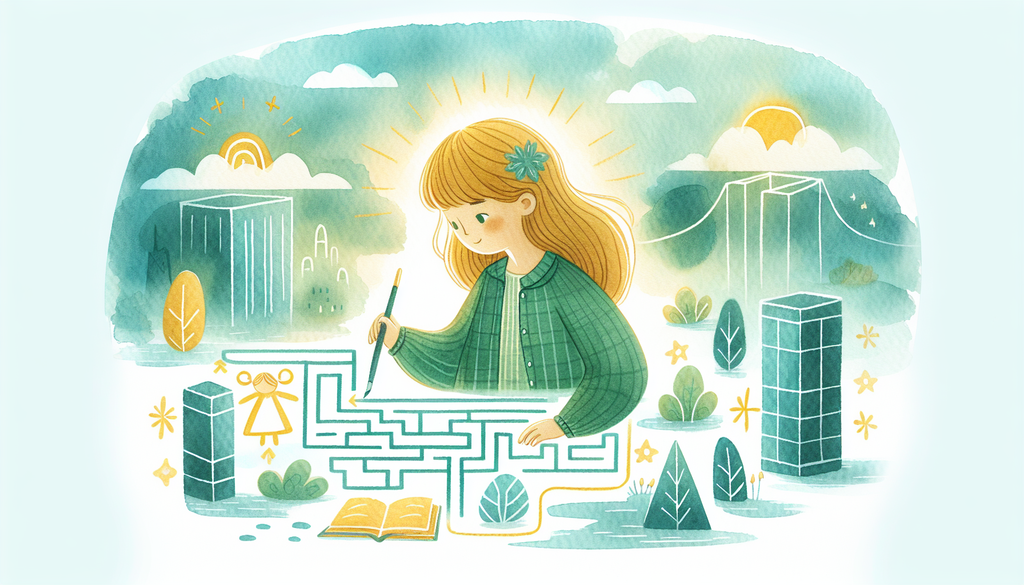Giftedness and Friendship: Navigating Social Challenges

Gifted children often exhibit advanced cognitive skills, innovative thinking, and a deep passion for learning. They may excel academically, thinking and learning at a pace that is notably different from most peers their age. Yet, these exceptional abilities may also present certain social challenges, especially when it comes to forming and maintaining friendships with peers.
Understanding Asynchronous Development
Gifted children often display what is known as asynchronous development - an uneven intellectual, emotional, and social development due to their advanced cognitive abilities [^1^]. This means that while they may be ahead intellectually, they might still be developing socially and emotionally at a typical age-appropriate rate. This discrepancy can lead to feelings of alienation, loneliness, and misunderstanding among peers. Parents and caregivers must recognize and support their gifted child’s unique development to help them navigate this aspect of their lives. Read more about this in our post on Understanding Asynchronous Development.
Promoting Healthy Social Interactions
-
Encourage Interaction with Like-minded Peers: Facilitate opportunities for your gifted child to interact with other advanced learners. Participating in advanced academic programs, clubs, or activities that cater to their interests can provide a platform for fostering friendships with peers who share similar intellectual capabilities and interests.
-
Teach Social Skills Explicitly: Social skills like active listening, empathy, and taking turns in conversations may not come naturally to gifted children. Reinforce these skills at home and guide them on how to apply the same in their interactions with peers. Our Power in Numbers post provides helpful insights on this.
-
Practice Emotional Intelligence: Teach your child to identify, express, and regulate their emotions. Highlight the importance of understanding other’s feelings and responding empathetically.
-
Maintain Open Communication: Encourage your child to share their feelings about their friendships and peer interactions. Validate their feelings and help them devise solutions to any problems they may encounter.
-
Promote Kindness and Respect: Reinforce the significance of treating everyone with kindness and respect, regardless of their abilities or differences.
Addressing Potential Issues
Gifted children may face unique challenges in their friendships. They may struggle to connect with peers who do not share their advanced interests, feel disconnected due to intellectual disparities, or grapple with feelings of alienation because they think or perceive things differently. It’s crucial to recognize these challenges and introduce strategies to mitigate them. Our High Flyers: Nurturing Leadership in Gifted Children post offers valuable tips on fostering social leadership in gifted children.
Remember, every gifted child is unique, and their friendship experiences will differ greatly. A supportive, understanding environment rooted in acceptance, resilience, and empathy will go a long way in helping gifted children navigate their social challenges.
^1^ Webb, J., Amend, E., Webb, N., Goerss, J., Beljan, P., & Olenchak, R. (2005). Misdiagnosis and Dual Diagnoses of Gifted Children and Adults: ADHD, Bipolar, OCD, Asperger’s, depression, and other Disorders. Great Potential Press.